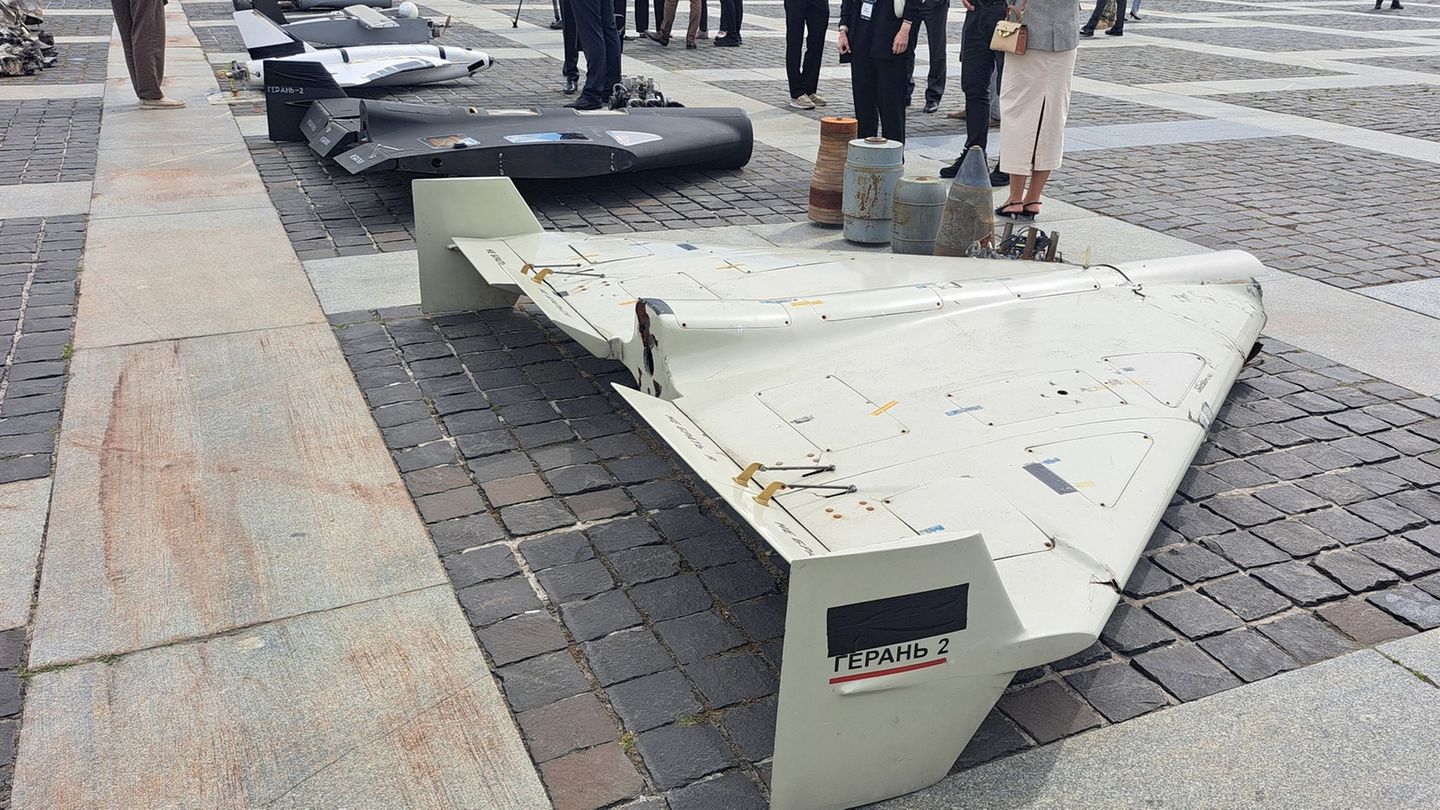He Mercosur expressed its willingness to “quickly conclude the negotiation” to sign the agreement with the European Union (EU), an agreement by which Uruguay pressured on several occasions and even the president He did not hide his disappointment by stating a month ago that “he is not optimistic” about the eventual signing.
According to the document to which he exclusively accessed Ambit in Argentina, Among the logical nuances of the regional bloc, the country seeks to advance as quickly as possible without requesting concessions from the EU, while Paraguay He has an intermediate position but closer to Lacalle Pou’s line. However, both Argentina as Brazil They show a more defensive position.
In the “non paper”, the Mercosur launched a joint position, they were “willing to negotiate a joint instrument for trade and sustainable development”, although they completely ruled out the possibility of sanctions being applied for non-compliance on climate issues.
In the text prepared by the negotiators and issued to Brussels, The South American bloc was willing to “work for a rapid completion of the negotiation,” but with a cooperative approach, since “it should not include sanctions or hint at their application in the document.” For the regional bloc, “the Parties have to avoid the use of measures that imply an unjustified or unnecessary obstacle to trade.”
One of the main drivers of that paragraph was Brazil. In fact, in June, when the president of the European Commission Ursula von der Leyen visited Brasilia, President Lula da Silva I had anticipated that position. For the president, “the premise that must exist between strategic partners is mutual trust, not distrust and sanctions.”
Mercosur seeks to base the text negotiated in 2019
Based on the text negotiated in 2019, the Mercosur seeks to advance the agreement, despite the existence of “unprecedented” challenges such as climate change, food insecurity and geopolitical tensions. For this reason, the Association Agreement “must safeguard the capacity of States to implement public policies,” they considered.
Regarding this item, two diplomatic sources participating in the negotiation explained to this medium that Brazil It seeks to preserve the national purchasing policy because it considers it a fundamental instrument for its industrial development, specifically in what has to do with medical equipment. Argentina, Meanwhile, it emphasizes the need to sustain and promote the automotive sector, in the face of the challenge of electromobility.
In addition, the document points out some priorities when safeguarding the capacity to implement policies: health, science, technology and innovation, interregional value chains, sustainable mobility, digitalization and food security, among others. “The agreement should provide financing that allows vulnerable sectors to take advantage of the benefits of the agreement, help producers who wish to comply with import requirements and promote sustainable productive initiatives,” they added.
Among the orders of Mercosur The request also appears for mechanisms to “rebalance the trade concessions negotiated within the framework of the Association Agreement if these are suspended or annulled as a result of the internal legislation of the EU”. Thus, a clear reference was made to the new European Green Deal which was signed after the beginning of the agreement sealed in 2019 and which severely complicates the possibilities of local exporters, a situation that was alerted in Uruguay.
“He Mercosur and its States Parties believe that the rapid conclusion of the negotiations would be an unequivocal contribution to addressing the challenges and would send a strong signal to the international community of unity and collaboration between two regions of the world that share the same set of values,” he indicated in any case. the text.
Source: Ambito




